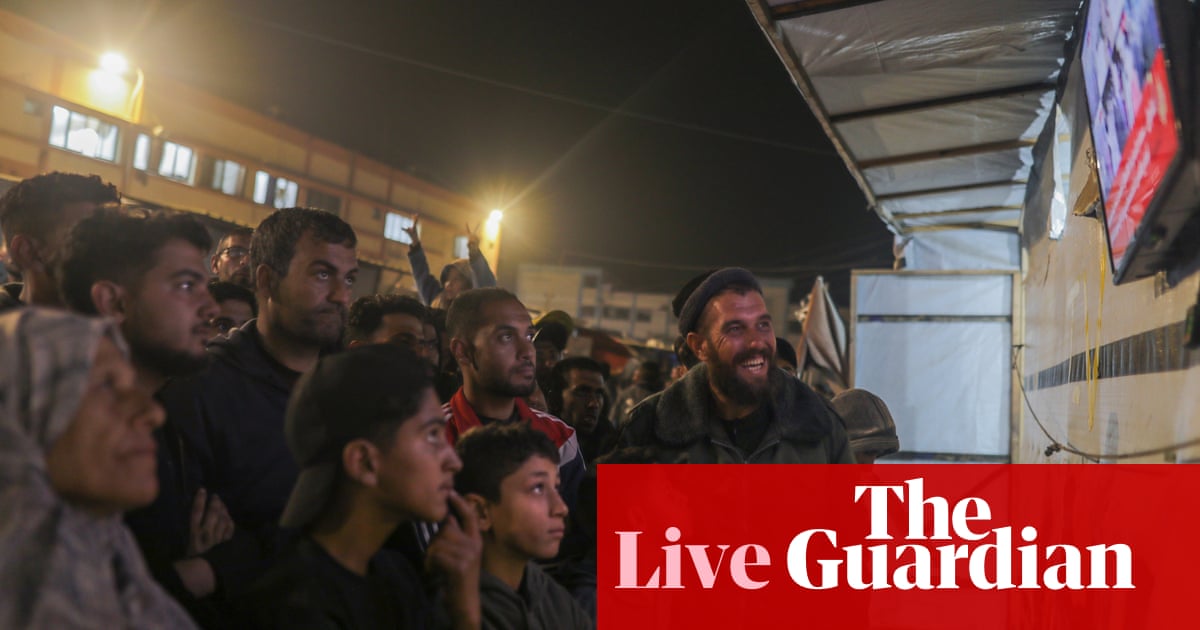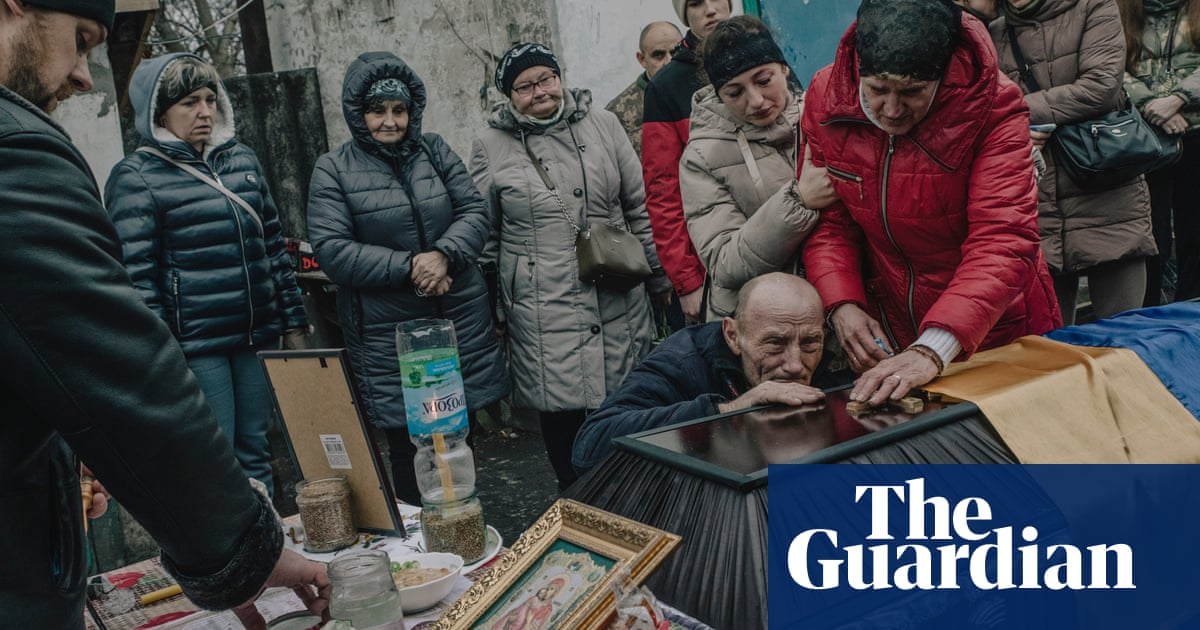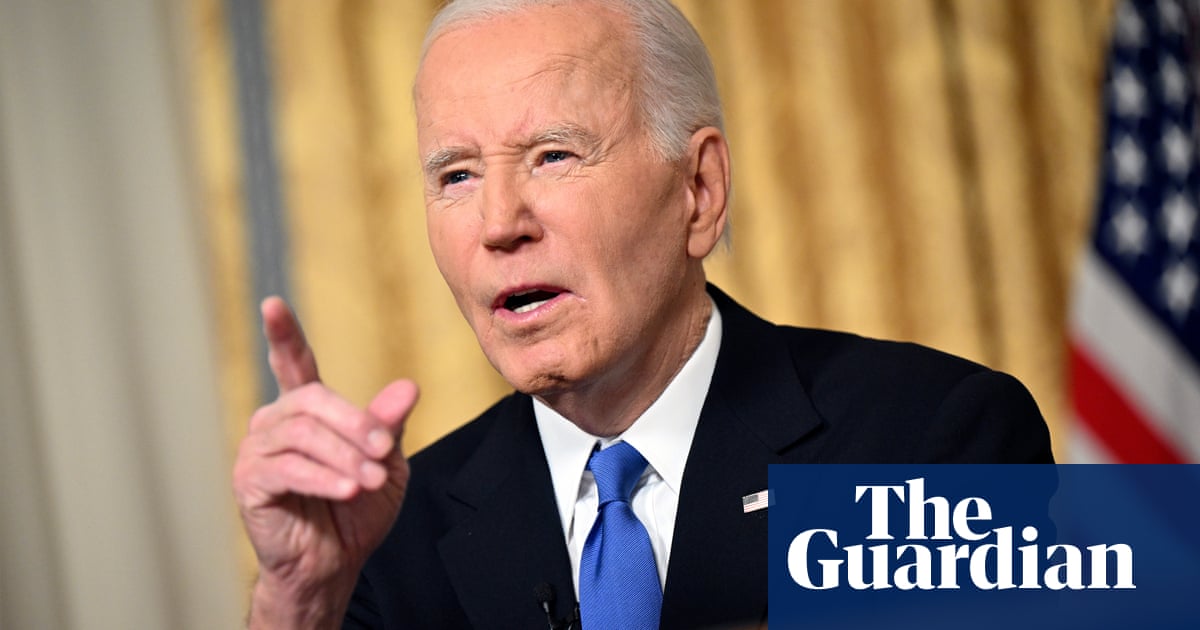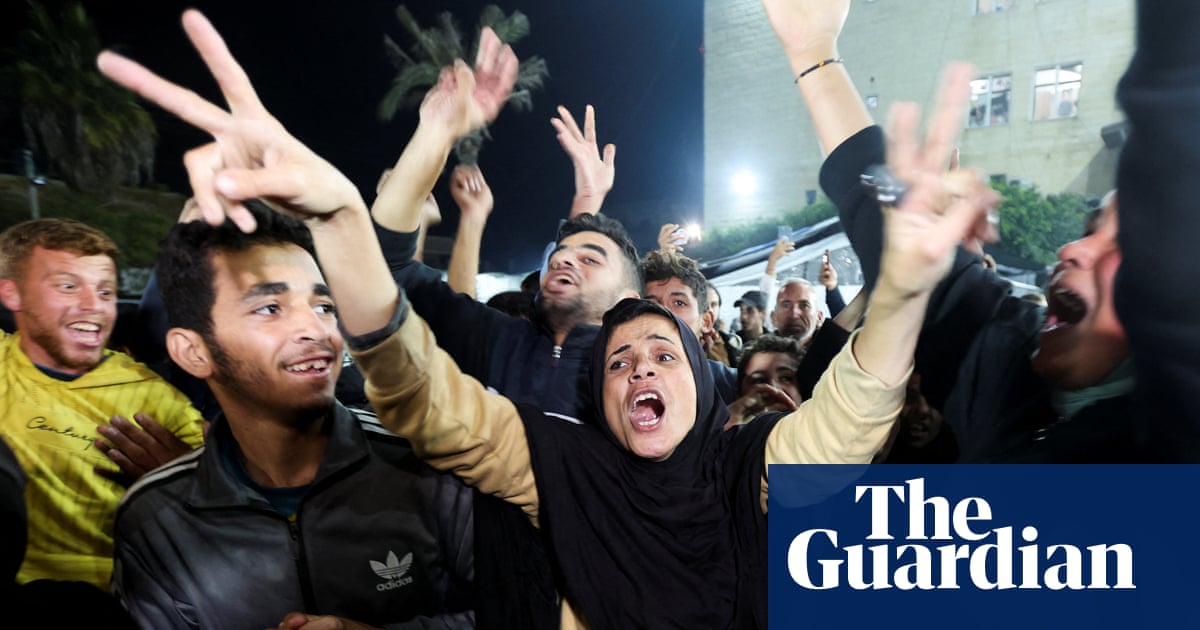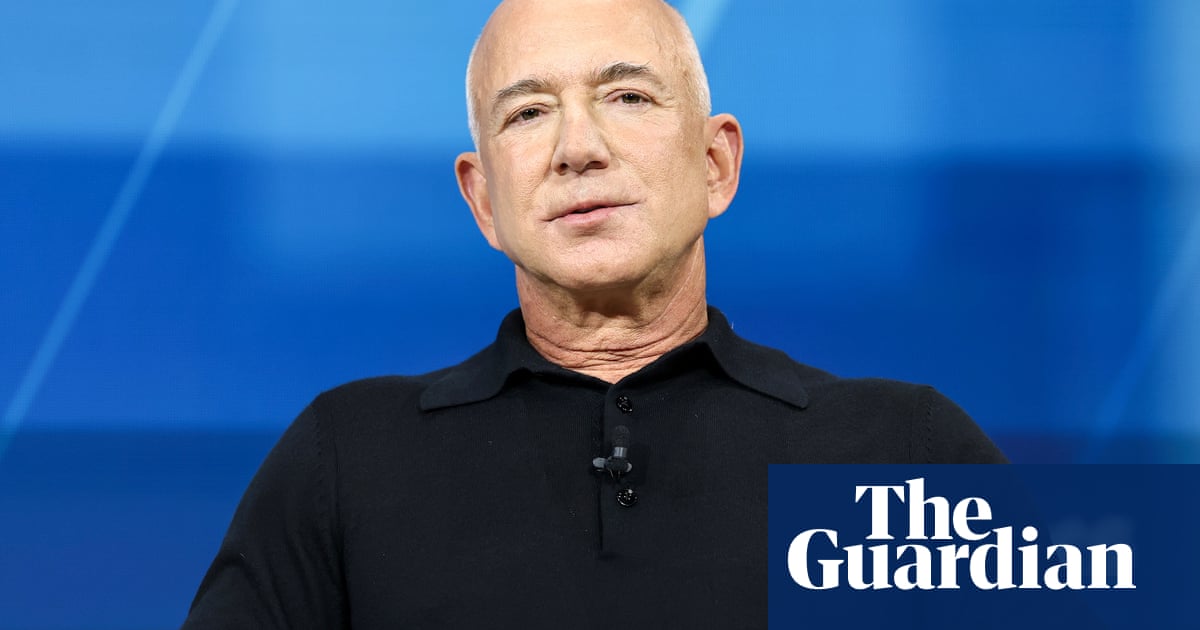Something strange is happening. All around the world, in areas large enough for people to congregate in their masses, we are being overtaken. The spread is fast and insistent, and cannot be explained by logic or science. Which is to say: where the hell did all these lookalike competitions come from?
Barely two weeks have passed since a Timothée Chalamet lookalike competition was held in New York City. You will have heard of this lookalike competition, because it’s the lookalike competition that was attended by Timothée Chalamet himself, turning an occasion that threatened to become vain and self-indulgent into something that was inarguably vain and self-indulgent.
But this was just the tip of the iceberg. Since then, cities have been hosting celebrity lookalike competitions in greater and greater numbers. On Thursday, Dublin held a Paul Mescal lookalike competition, attracting several handsome young men who all looked a bit like they burgle cars at night. Two days later, London held a Harry Styles lookalike competition, attracting a number of young men who had nothing in common except their dazzling array of terrible haircuts. A day later, San Francisco held a Dev Patel lookalike competition, proving conclusively that not many people in San Francisco look like Dev Patel.
Clearly, this is just the start. As the trend catches on, it’s all but guaranteed that more and more celebrity lookalike competitions will spring up. And, on the basis of the ones we’ve already seen, it’s fairly certain that they will exclusively be for pretty boys with dark hair and pinched features. A Jeremy Allen White lookalike competition is an inevitability. How many Finn Wolfhard lookalike competitions are happening around the world as we speak? Five? Twelve? A million? It’s impossible to say.

Maybe this – the hard focus on what we used to call Hot Rodent Summer celebrities – is the root of my scepticism here. I cannot take these lookalike competitions seriously because I simply do not have the genetic profile to enter one. Where are the celebrity lookalike competitions for bald middle-aged men like me? Where’s the lookalike competition for the guy from The Shield? Where’s the lookalike competition for Vin Diesel’s less impressive cousin? Where’s the lookalike competition for the man from Clickhole’s ‘The Worst Person You Know Just Made A Great Point’ meme. Surely, without diversity like this, the trend will die.
But what is causing this outbreak of doppelgänger contests? It’s hard to say for sure, but there are a handful of competing theories as to why the worst category of terrible holiday camp talent shows is suddenly right at the vanguard of the zeitgeist. In no particular order, here they are.
Theory one: they are being organised by talent agencies – right now, the quickest way to make global headlines is to be the subject of a lookalike competition. Perhaps, just perhaps, they are cynically being organised to deliberately boost the profile of the celebrities in question. After all, a lineup of people who look a bit like, say Harry Styles, achieves two main objectives. First, it reminds everyone that Harry Styles is an influential style icon. Second, it reminds everyone that Harry Styles is the least weird-looking person who looks like Harry Styles. It’s even better if, like Chalamet, the star actually shows up. Better still if, like Chalamet, the star doesn’t have an explosive existential crisis in front of everyone after seeing what their abiding legacy will be.

Theory two: it’s just a bit of fun. You don’t need to be told that these are dark times. The world finds itself in a state of dark uncertainty, and collective anxiety is through the roof. Perhaps, faced with such horrors, it’s only natural for people to dress up as Willy Wonka and for the most pointless reason imaginable. It can be no surprise that these contests only started after the general election. It feels a bit like political totalitarianism being met with aggressive whimsy, the same way that French students met the spectre of class discrimination with situationism. The world is burning, so why not wear a crap tracksuit and tell everyone that you’re Paul Mescal?
Theory three: it’s an anti-AI protest. We live in an age where anyone can make themselves look like anyone online. Social media is drowning with deepfakes, from politicians on X to Tom Cruise on TikTok. It’s creepy and it’s cheap, so perhaps these lookalike contests are a form of human protest. After all, when anyone can click a mouse and instantly resemble anyone of their choosing, maybe there’s a newfound cachet in just organically looking a little bit like someone else. Maybe these lookalike competitions are a fight to keep humanity’s soul. Maybe this is how we beat the machines.
Theory four: young people are stupid and will do anything for attention. Actually, yes, let’s just go with this for now.

.png) 2 months ago
10
2 months ago
10
